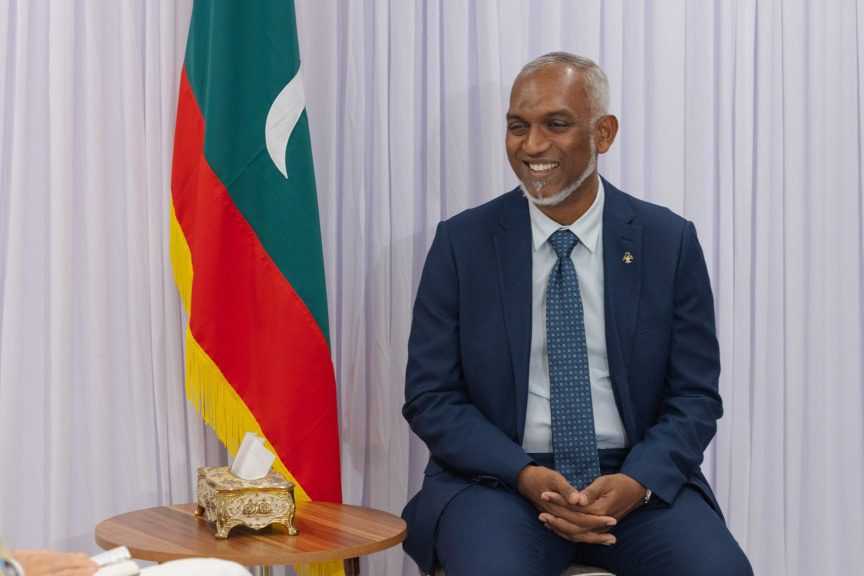
Introduction:
President Mohamed Muizzu of the Maldives has made a significant announcement in his inaugural speech, expressing his intention to expel foreign military personnel, with India believed to be the primary target. This move comes as part of Muizzu’s commitment to fulfilling election promises and asserting the Maldives’ sovereignty in security matters.
Key Points:
1. Eviction of Indian Troops:
President Muizzu, without explicitly naming India, pledged to remove foreign military personnel from the Maldives, a move perceived to affect around 50 to 75 Indian security personnel. This declaration underscores the president’s commitment to reshaping the country’s security landscape.
2. Respecting Regional Red Lines:
Muizzu emphasized the importance of respecting the red lines of other countries but maintained a firm stance on not having any foreign military presence in the Maldives. This signals a strategic shift in the nation’s security policies.
3. China’s Role:
While expressing intentions to cultivate strong ties with China, Muizzu clarified that the goal is not to replace Indian military personnel with Chinese troops. China, a key financial supporter of the Maldives, was represented at the ceremony by State Councillor Shen Yiqin.
4. Geopolitical Significance:
The Maldives, known for its picturesque landscapes, has become a geopolitical hotspot due to its strategic location along global shipping lanes. The nation’s shift in foreign military presence could have broader implications for regional dynamics.
5. Balance Between India and China:
Muizzu, a former mayor and construction minister, has positioned himself to maintain a delicate balance between India and China. Despite cultivating ties with China, he has expressed a desire to work with all countries, including India.
6. Historical Context:
India has traditionally considered the Maldives within its sphere of influence. However, concerns arose during the presidency of Muizzu’s predecessor, Abdulla Yameen, over China’s growing influence in the Maldives, fueled by heavy borrowing for construction projects.
7. Climate Change Challenges:
In addition to geopolitical considerations, President Muizzu faces the urgent challenge of climate change. The Maldives is highly vulnerable to rising sea levels, making it imperative for the government to address both security and environmental concerns.
Conclusion:
President Muizzu’s announcement to expel foreign military personnel, particularly in the context of Indian troops, marks a notable shift in the geopolitical landscape of the Maldives. The strategic realignment in foreign relations, along with the commitment to navigate climate change challenges, will shape the trajectory of the nation’s future. As the Maldives asserts its independence, the global community will be closely watching the evolving dynamics in this strategically positioned archipelago.
Bringing you the latest updates on finance, economies, stocks, bonds, and more. Stay informed with timely insights.

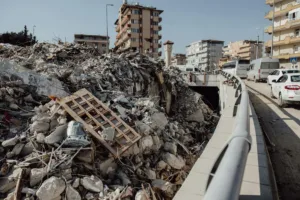
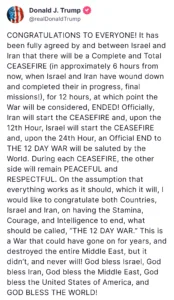

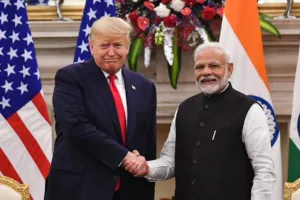

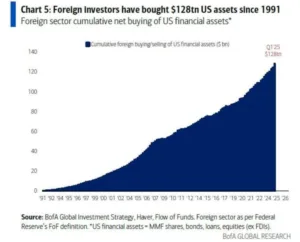

Be First to Comment